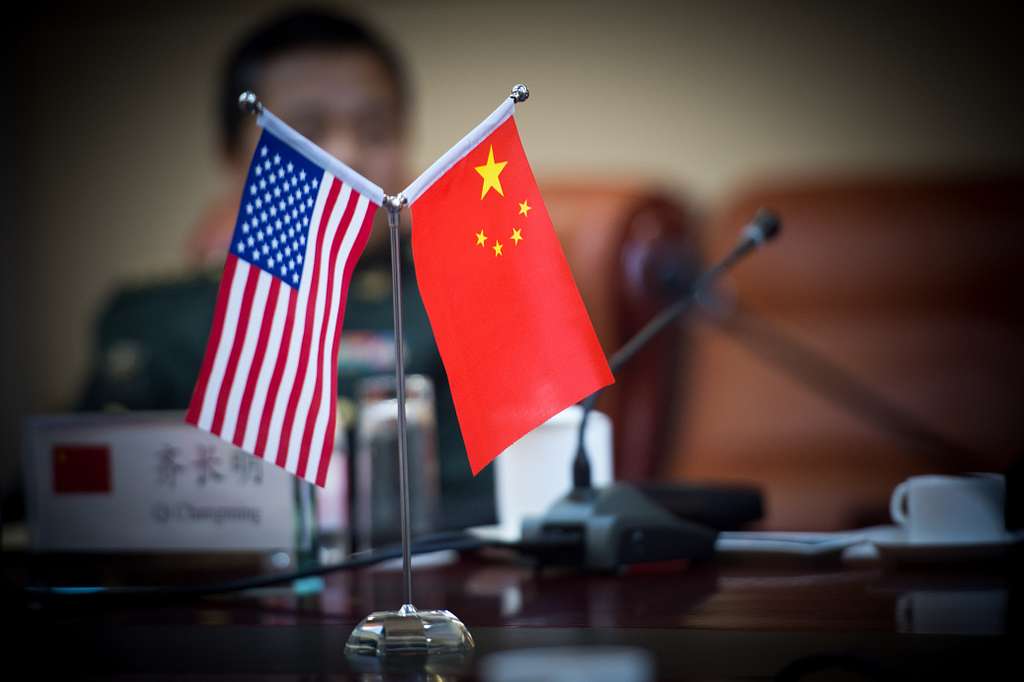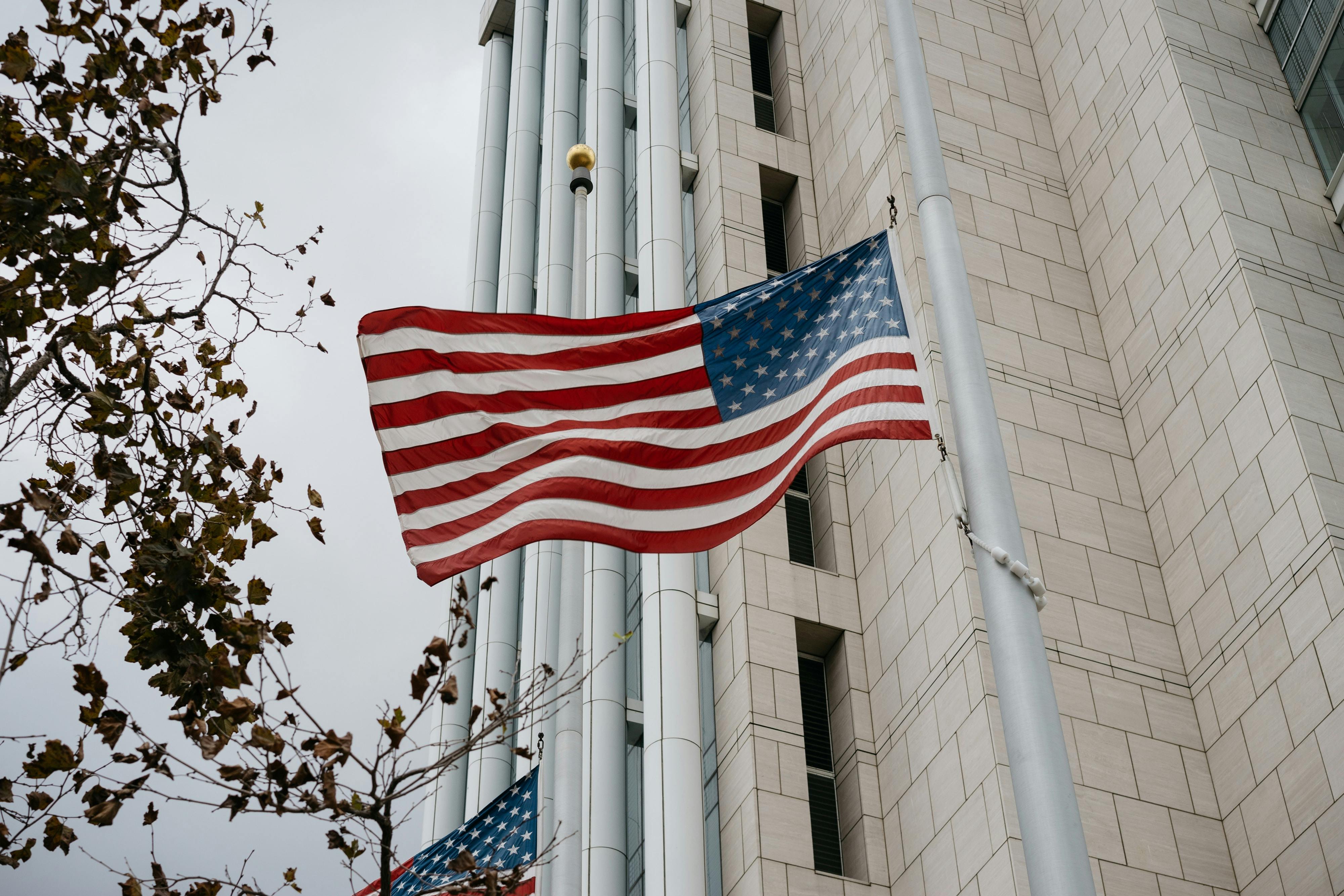Thoughts on Being Groped by TSA
Jack's post yesterday on TSA crystalized a thought over which I have been stewing passively as this debate has unfolded. While I do not hold myself out as an expert in any sense of airline security, Jack has encouraged me to post it--so I am doing so with the caveat that I am straying beyond my ken here. If I'm wildly wrong, it's your fault for reading.
A great deal of the criticism of TSA boils down to a simple often unstated proposition: TSA should be more like the Israelis. We should deemphasize technology and focus on targeted interviews.
Jack's post yesterday on TSA crystalized a thought over which I have been stewing passively as this debate has unfolded. While I do not hold myself out as an expert in any sense of airline security, Jack has encouraged me to post it--so I am doing so with the caveat that I am straying beyond my ken here. If I'm wildly wrong, it's your fault for reading.
A great deal of the criticism of TSA boils down to a simple often unstated proposition: TSA should be more like the Israelis. We should deemphasize technology and focus on targeted interviews. We should use more profiling--the nice kind, of course. We shouldn't be treating little old ladies the same way we treat young scary men with bulging underwear.
The trouble is that the United States is not Israel. This is true in a million ways, but it's really true in air travel. Israel has a single major airport. Ben Gurion Airport is the size of an airport in a mid-sized U.S. city. It handles overwhelmingly international travel. In 2009, it moved about 11 million people--approximately one eighth of the number that moved through Atlanta alone. When air travel is this consolidated through a single port like this, and when the numbers moving through that port are of a manageable volume, one can envision airline security officials as a relatively elite group, train them intensively, and give them a lot of leeway in the way they conduct themselves.
By contrast, the United States has a huge number of airports. Air travel is a prime means of domestic transportation, as well as international transportation. Of the 30 busiest airports in the world last year, 14 of them were in the United States. These alone cumulatively moved nearly 600 million people. In an average month, U.S. airlines move roughly five times as many passengers as pass through Ben Gurion in a year.
When you're dealing with numbers this vast, dispersed over hundreds of airports, it is simply implausible to imagine airport security as the province of some elite cadre of investigators in whom we are going to repose the power to conduct searching interviews--and whom we are going to trust to figure out on whom to focus. We are dealing here with relatively low-paid people with little opportunity for professional advancement if they do their jobs well, who do an incredibly boring job and whose butts are on the line for that one guy who gets through with a bomb or a gun in his butt. This is a place for bright line, clear rules for people to follow, not for great investigative discretion. That, it seems to me, is a big part of what is really behind the blunt rules that TSA periodically hands down.
What's more, we would never give TSA people the kind of running room that the Israelis give their people--and that's probably a good thing. I obviously don't know the security protocols Israel airline officials follow, but they clearly involve something more nuanced than bright-line rules. They involve a type of profiling, positive and negative alike, that you wouldn't want less-trained to get near enough to hit with a laser pointer. Indeed, it can be disquieting even in the Israeli context, where you're clearly dealing with a group of a different caliber.
The last time I went through security at Ben Gurion--the first wave of which takes place before you check in your bags at the ticket counter--I was approached by a woman while standing in the long line before the baggage search table. She addressed me is Hebrew (which I can understand slightly but cannot speak) and asked how I was and what I was doing in Israel. I answered in English that I was well and that I had come to give a speech at Tel Aviv University. She asked how I knew Hebrew and I told her I had grown up around people who spoke it. She asked me if my family was Israeli, and I said no, but that I had gone to a Jewish day school through second grade in New York. She asked me which one and where it was. I told her. She told me I didn't need to stand in the line and pulled me out of it--directly to the check in. Apparently, being (very) marginally capable in Hebrew because I had gone to a Jewish day school I could still identify and telling that story confidently in a fashion that held together against whatever else she may have already known about me made me so non-threatening that it would merely distract the security people from more scary people to have them spend a second on me. (This happened several years ago, and I may be misremembering the details here, but not the broad arc of the story.)
Compare that with what happens in this country when a TSA person shows the slightest creativity: An ACLU lawsuit and a lot of public anger, for one thing. Can you imagine what would happen if we started asking TSA people to yank the people out of lines who are clearly (to them) non-toxic? Leave aside the constitutional questions it would raise for any executive branch official in this country to make a snap judgment that some person before him shouldn't have to go through security because he is not the sort to blow up an airplane, just too much of a nice Jewish boy of the type who would give a speech at Tel Aviv University and went to a Jewish day school New York. Just ask yourself this question: Do you prefer groping and technonude pictures of yourself, or do you prefer giving tens of thousands of TSA employees the power to decide who's just not that scary?
There is, of course, not a zero sum game between the two poles. One hopes that technology might be able to render our nude forms as stick figures, thus reducing the technological intrusion, and that good training and the right security protocols might allow TSA people to be a little more discriminating. But I think it's folly to imagine that we are going to replicate what the Israelis do. While it clearly works for them, it's unrealistic in practice to imagine implementing something like that on the grand scale of American air transportation--and we wouldn't want to do it if we could.
Benjamin Wittes is editor in chief of Lawfare and a Senior Fellow in Governance Studies at the Brookings Institution. He is the author of several books.





